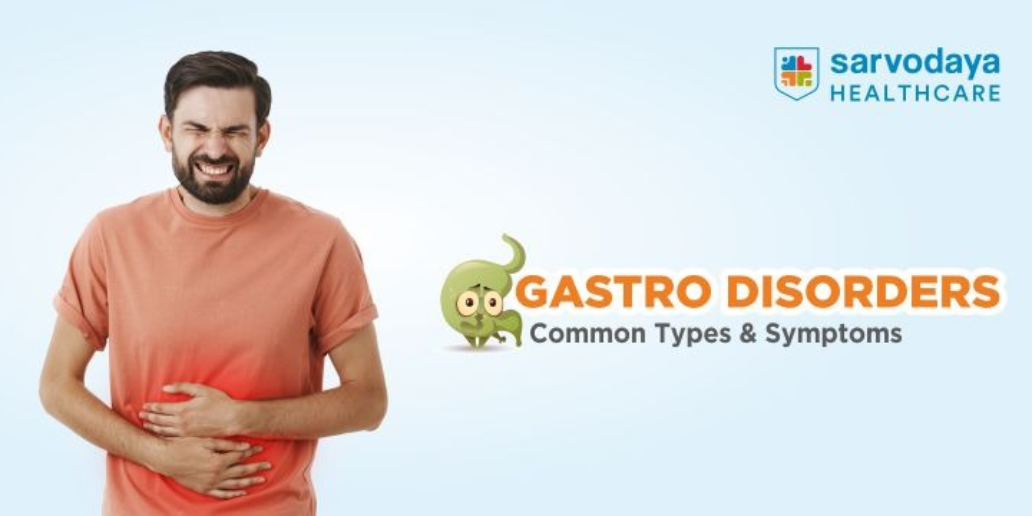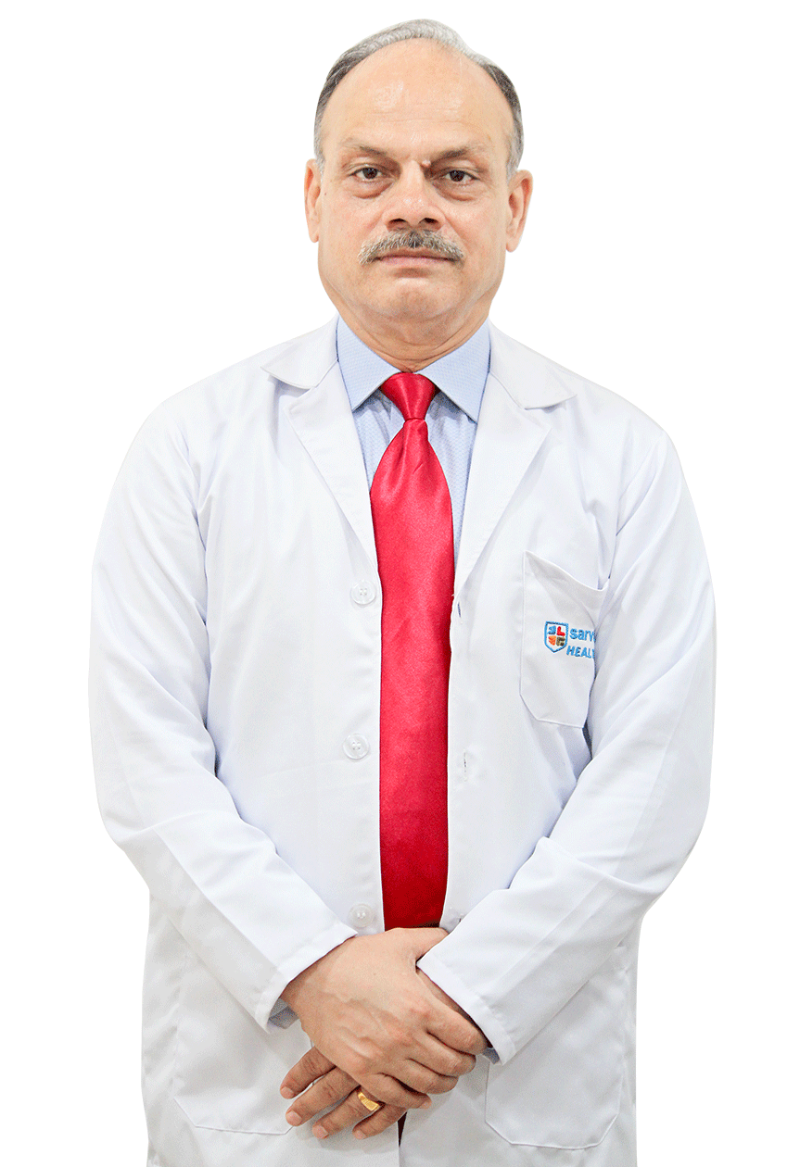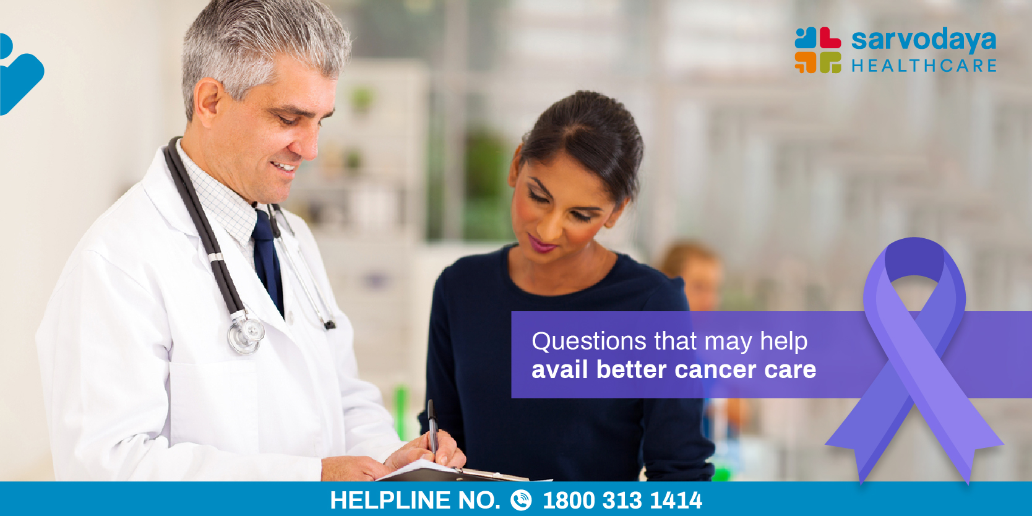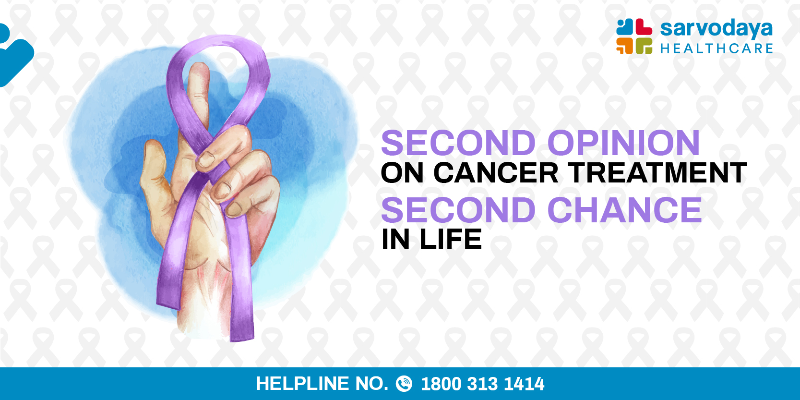We have all experienced some sort of discomfort in our stomachs. Bloating from eating too much junk food, diarrhoea after eating from a favourite street stall even though we know it's unhygienic, eating at very odd timings and irregularly that causes a burning sensation in the stomach… the list goes on! We are all guilty of at least one of these things and expect that our gastrointestinal system can just bounce back to normal regardless of how we treat it. But taking your stomach for granted may not be very wise. In this blog, we shall explore some common types of gastric disorders and examine when you may want to reach out to a gastroenterology specialist.
Gastro Disorders or gastrointestinal diseases are a group of conditions affecting the GI (gastrointestinal) tract from mouth to anus. There are several kinds of gastro disorders to look out for and knowing about them s can help you reach out for help at the right time.
Types of Gastro Disorders
Crohn's disease: While rare, Crohn’s disease is an incurable, chronic inflammatory bowel disease (IBD) that affects the lining of the digestive tract. Another kind of IBD is ulcerative colitis, which is the presence of ulcers or sores in the large intestine. Both forms of IBD need to be managed with the help of a gastroenterology specialist. According to a study, nearly 1.5 million Indians were affected by IBD in 2019-20.
Constipation: When you experience infrequent bowel movements and/or painful, hard and dry bowel movements, you may be constipated. Less than three bowel movements a week is a signal of the need for professional help. This is often caused by poor diet, dehydration and poor lifestyle habits such as lack of exercise.
Diarrhoea: Chronic diarrhoea is the occurrence of loose, watery stool 2-3 times a day over 3-4 weeks. It should be noted that chronic diarrhoea is a serious concern in India and responsible for the deaths of one lakh children every year.
Diverticular disease: This includes the presence of and/or inflammation of the diverticula or air pockets in the wall of the colon. This is a disease that is seen more often in elderly people where the chances of having a weaker intestine wall are higher.
Gastroesophageal Reflux Disease (GERD): Commonly referred to as heartburn,GERD is the spill-over of stomach acids into the oesophagus accompanied by a chest burn. If you find this happening 2-3 times a week, you may need to see a doctor. The importance of seeing a gastroenterology specialist, in this case, is important to avoid serious damage to the oesophagus.
Lactose intolerance: This is a disorder wherein a person’s digestive system has low levels of an enzyme called lactase, which is required to break down lactose present in milk. A staggering 60% of all Indians are lactose intolerant and may be suffering from mild to severe symptoms from consuming dairy products. This can include bloating, diarrhoea, gas and abdominal cramps.
Malabsorption syndrome: It refers to the body’s inability to absorb nutrients effectively which can lead to malnutrition and unintentional weight loss. This can be caused by various reasons but usually involves the inability of the mucous lining of the small intestine to absorb nutrients.
Peptic Ulcer Disease (PUD): Peptic ulcers are sores on the lining of the stomach or small intestine. This condition is characterised by pain when stomach acid hits these spots. A severe outcome of peptic ulcers can be bleeding in the stomach that will require a gastroenterology specialist to treat.
Common symptoms of Gastro Disorders
The most common symptom that a person may complain of is a tummy ache or discomfort in the stomach. Other common symptoms may include:
- Diarrhoea/Constipation
- Sudden weight loss
- Fatigue
- Loss of appetite
- Vomiting
- Nausea
If these symptoms are persistent and hamper your daily routine, they should be taken seriously.Sarvodaya Hospital brings one of the best gastroenterologists in Faridabad who are highly adept at treating and managing gastro disorders, ensuring your health is in good hands.
Conclusion
A commonly asked question here is that how does one tell the difference between a passing stomach infection and a serious gastro disorder? This requires awareness towards the body & symptoms. Look out for the common symptoms and if they are persistent for over two weeks, it is best to consult with a specialist. If any symptoms feel severe and are affecting normal functioning, seek professional help immediately. Book a consultation with the best gastroenterologist in Faridabad at Sarvodaya Hospital for a reliable diagnosis and professional treatment.










